Japanese Decoded: Natural Foods & Dietary Restrictions
Eat Well, Live Well
In many ways, Japan is ahead of other developed countries in terms of natural, organic and sustainable foods, but that doesn't mean these things are particularly easy for non-Japanese readers when it comes to deciphering these writings and strange labels. If you're desperate to find what you can or can't eat in Japan, read the article below and become a pro at decoding Japanese tags.
Have you ever find yourself in a supermarket, holding an item and having strictly no idea of what was written on the label? Well, we do. When you don’t read Japanese or if you’re still learning, looking for some food when you have a specific diet can become a living hell. Food is essential, good food and especially food that is aligned with your personal diet is even more essential—we would say vital, actually.
Even though Japanese is a beautiful language, it can be tricky to decipher its writings, especially in busy supermarkets after a long day at work. Below is a list of terms commonly used on the labels of natural or specific diet food products. Memorize these—or print out the list and take it with you when you go shopping.
Natural Foods
May it be Japan or elsewhere, organic foods and ready-to-eat meals are trending. We are becoming more and more conscious of what we eat and how we fuel our body, getting ourselves into a more natural lifestyle.
It seems obvious that the food we choose is the best weapon we have when trying to get healthier, but we still have to decode these labels! This first list below is perfect when you are on the look for organic, more ethical or natural items to grab.
| Japanese | Rōmaji | English |
| 放し飼い | hanashigai | free-range |
| 放し飼い卵 | hanashigai tamago | free-range eggs |
| 手づくり / 手作り | tezukuri | homemade/handmade |
| 無添加 | mutenka | additive-free |
| 無農薬 | munouyaku | pesticide-free |
| 自然派 | shizenha | all-natural |
| 自然食品 | shizen shokuhin | natural product |
| 有機栽培 | yuuki saibai | organic farming/organically farmed |
| 有機野菜 | yuuki yasai | organic vegetables |
| 有機 | yuuki | organic
usually used for foods |
| オーガニック | ooganikku | organic
can also be used for other products, such as cosmetics |
| Japanese | Rōmaji |
English |
| 100%草飼料で育った肉 | hyaku paasento kusashiryou de sodatta niku | 100 percent grass-fed meat |
| 地元 | jimoto | local |
| 有機肥料 | yuuki hiryou | organic fertilizer |
| 農薬 | nouyaku | agricultural chemicals
(e.g. pesticides, herbicides, fungicides, etc.) |
| 生産者 | seisansha | producer, manufacturer |
| 保存料 | hazonryou | preservatives |
| 着色料 | chakushokuryou | (food) coloring |
| 遺伝子組み換え | idenshikumikae | genetically modified, GMO |
| 放射性物質 | houshasei busshitsu | radioactive material |
| 放射性物質検査合格 | houshasei busshitsu kensa goukaku | indicates products that have been tested
and are free of radiation |
Dietary Requirements
Are you following a specific diet? It could be for health reasons, convictions or just in order to try out something new for your body—anyway, there is always that moment where you have to explain what is your diet or look for that label on a package. Take a look at the list below to find your own!
| Japanese | Rōmaji | English |
| グルテンフリー /グルテン不使用 | guruten furii/guruten fushiyou | gluten-free |
| シュガーフリー/砂糖不使用 | shugaa furii/satou fushiyou | sugar-free |
| ナッツフリー | nattsu furii | nut-free |
| 乳製品不使用 | nyuuseihin fushiyou | dairy-free |
| ベジタリアン | bejitarian | vegetarian |
| ヴィーガン, ビーガン | viigan, biigan | vegan note: both are correct but the first one will dig more results when looking up on the internet |
You may have noticed that 不使用 (fushiyou) and フリー (furii) are both used in these kinds of expressions, they basically mean the same thing. フリー roughly translate as “free” and has become a common way to say “without” when it comes to food labeling.
Is there something you need and don’t see on that list? Leave a comment below or contact us so that we can add it right away!

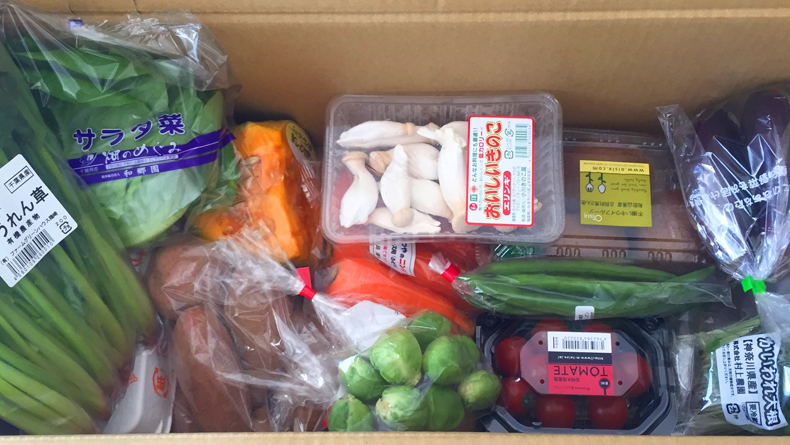
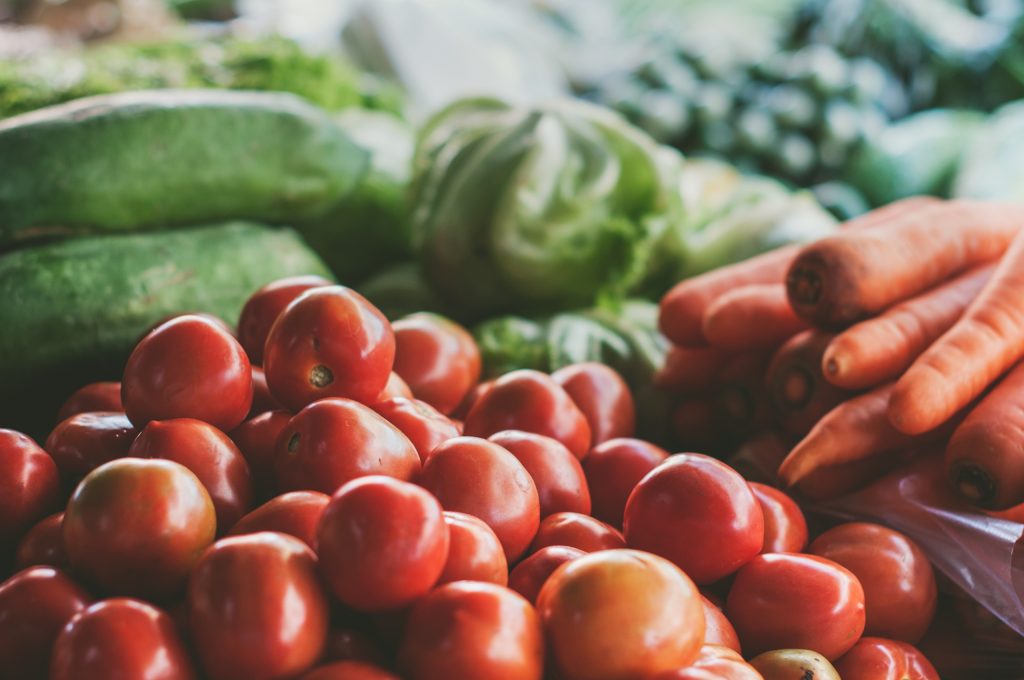
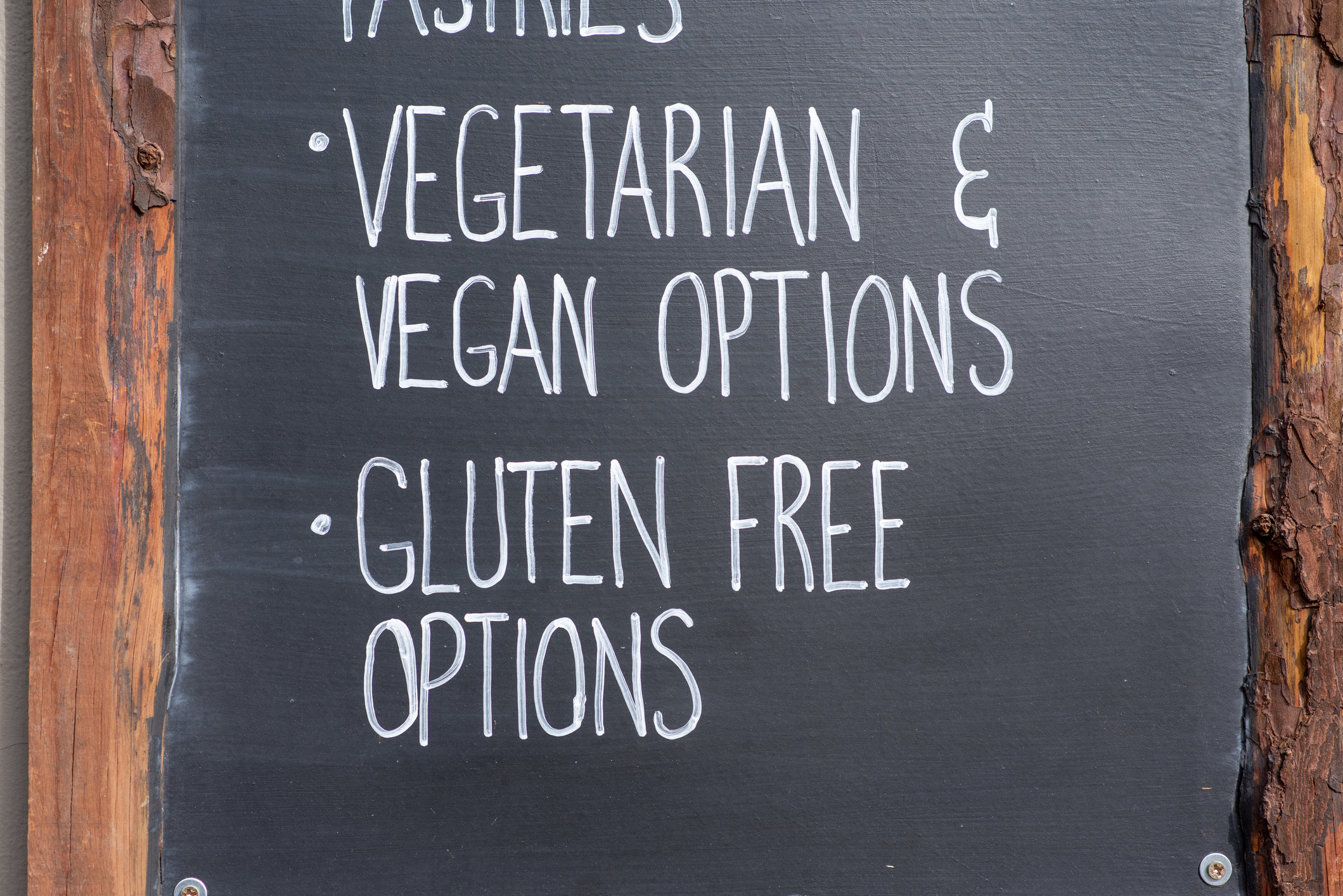











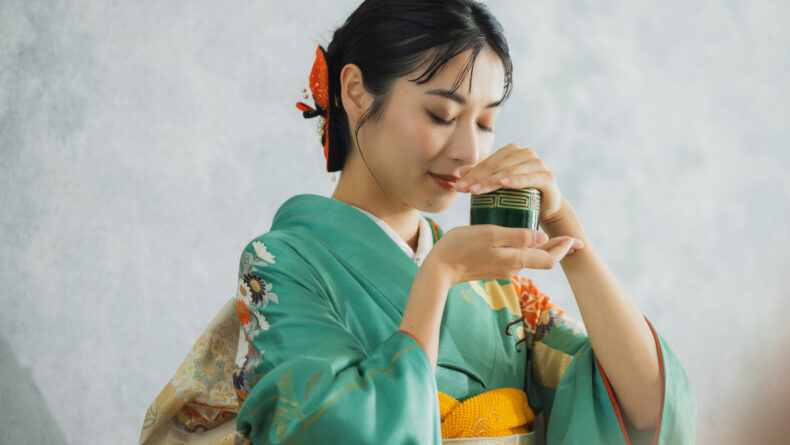

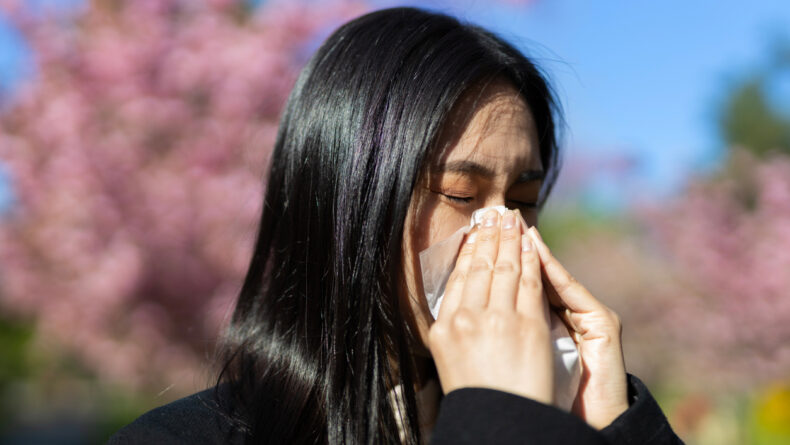
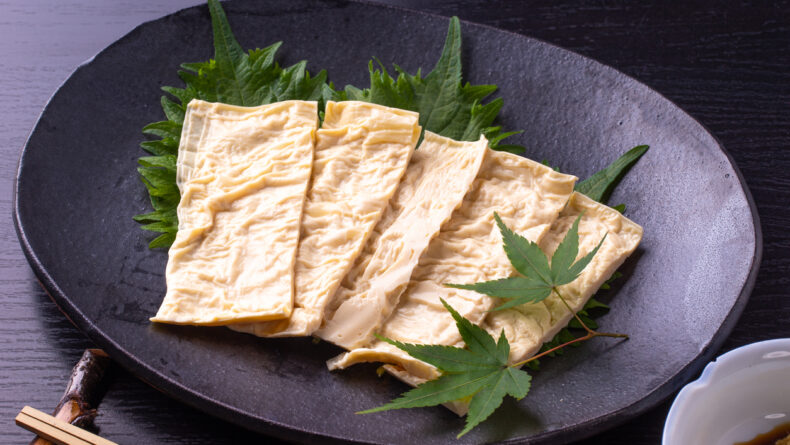
Leave a Reply